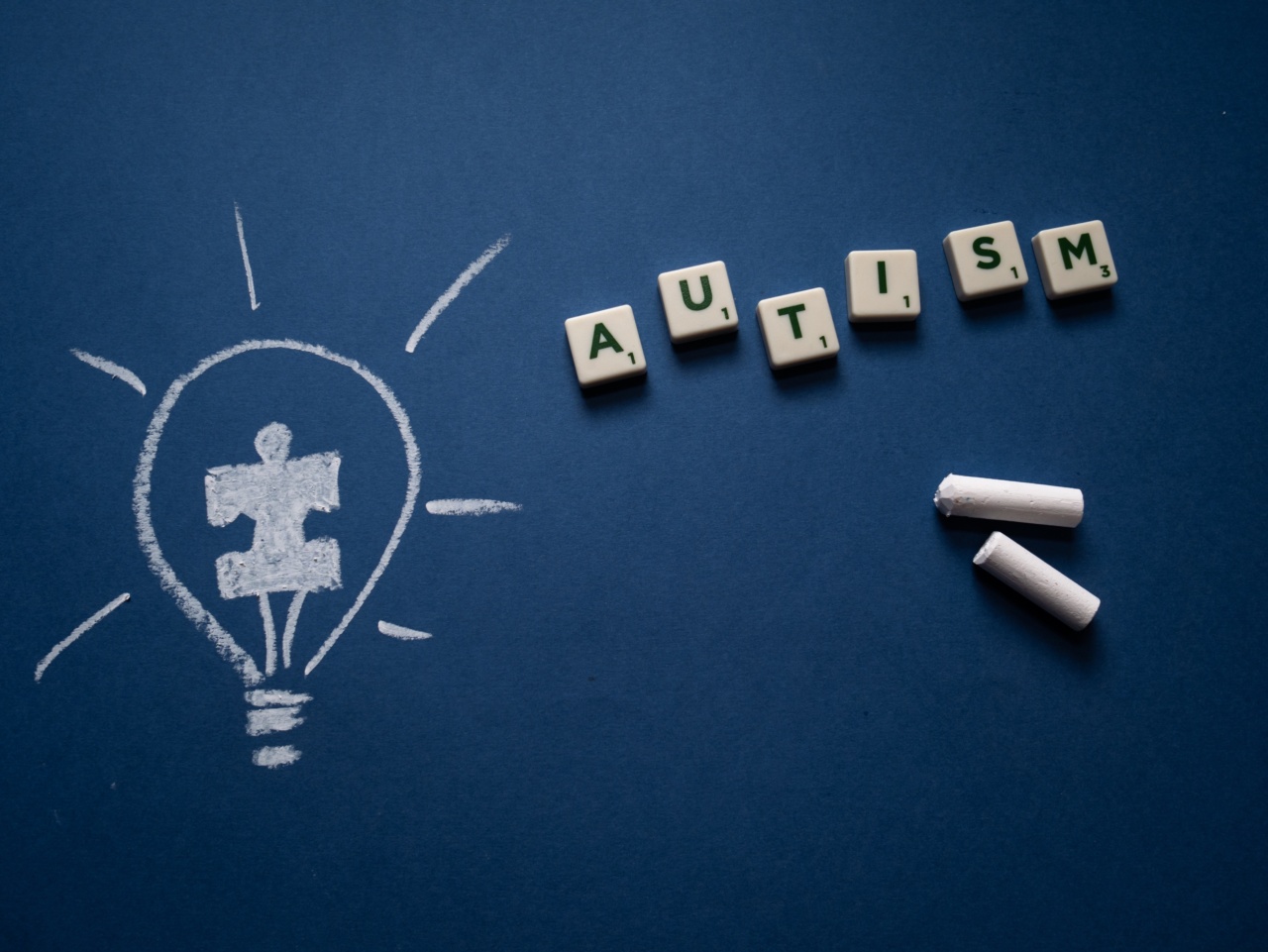Autism Spectrum Disorder (ASD) is a neurodevelopmental disorder that affects communication, social interaction, behavior, and sensory processing. It is called a spectrum disorder because it affects individuals differently and to varying degrees.
Some individuals may have ASD and not even know it, while others may require significant support throughout their lives.
Understanding ASD
The exact cause of ASD is unknown, but researchers believe that a combination of genetic and environmental factors may play a role.
The symptoms of ASD usually manifest in early childhood, and parents may notice that their child is not reaching developmental milestones, such as talking or making eye contact.
ASD affects individuals in different ways. However, some common characteristics of ASD include:.
- Difficulty with social interactions and communication
- Repetitive behaviors and routines
- Intense interest in certain topics or objects
- Sensory sensitivities or preferences
ASD Treatment Options
There is currently no cure for ASD, but early diagnosis and intervention can greatly improve outcomes and quality of life for individuals with ASD.
ASD treatment options may include:.
- Behavioral therapy: This type of therapy focuses on teaching individuals with ASD specific skills and behaviors. It is highly individualized and often involves positive reinforcement.
- Speech therapy: Many individuals with ASD struggle with communication, so speech therapy can be very beneficial. Speech therapy can help individuals learn to communicate more effectively and express their thoughts and feelings.
- Occupational therapy: Occupational therapy focuses on developing individuals’ skills for daily living, such as dressing, grooming, and feeding themselves. It may also help individuals cope with sensory sensitivities and preferences.
- Medications: Some medications can help manage symptoms of ASD, such as anxiety, depression, or aggression. However, medications should always be used under the guidance of a healthcare professional.
Alternative Treatments for ASD
Some families may choose to explore alternative treatments for ASD. However, it is important to note that many alternative treatments have not been scientifically proven to be effective and may even be harmful. Alternative treatments for ASD may include:.
- Dietary changes: Some families believe that removing certain foods from their child’s diet, such as gluten or dairy, can improve symptoms of ASD. However, there is little scientific evidence to support this approach.
- Supplements: Some families may give their child supplements, such as vitamins or minerals, in the hopes of improving their symptoms. However, there is limited scientific evidence to support the effectiveness of supplements for ASD.
- Alternative therapies: Some families may explore alternative therapies, such as acupuncture or chiropractic care, as a way to address their child’s symptoms. However, many of these therapies have not been scientifically proven to be effective in treating ASD.
The Reality of ASD
While there is no cure for ASD, there is hope. With early intervention and appropriate treatment, individuals with ASD can learn to communicate effectively, develop social skills, and lead fulfilling lives.
It is important for families and caregivers to educate themselves about ASD and seek out appropriate resources and support.






























